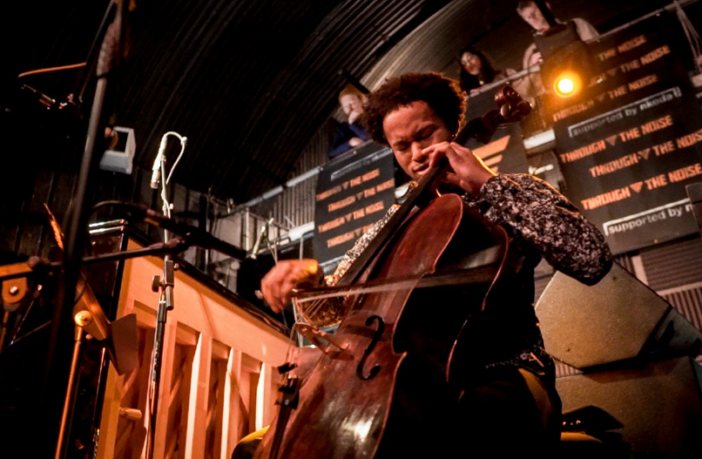We all know that music has the power to transform our lives, it can help us feel better, it can connect us with others, and offer escapism. But how do we get started playing an instrument? Keep reading to learn some tips for getting started in music!
The Benefits Of Music
Playing an instrument can have a number of benefits that go beyond simply enjoying the music itself. According to the American Academy of Pediatrics, playing an instrument can help with cognitive development, socialization, communication, and creativity. It can also improve focus and academic performance in children. Additionally, playing an instrument can increase self-confidence and self-esteem. In short, there is a multitude of benefits to be had from learning to play an instrument!
How Learning To Play A Musical Instrument Can Help Your Life
There is no doubt that playing a musical instrument can enrich your life. Whether you’re a beginner just starting out or an experienced musician looking to add new skills to your repertoire, learning to play can have a lot of benefits.
It can help you build confidence and self-esteem. Playing music can help you develop self-confidence and esteem. When you put your own feelings into the music you are playing, it can give you a sense of control and strength. This can be especially beneficial for young children who may not feel confident in other areas of their lives.
It can boost your memory and cognitive skills. Learning to play an instrument also helps improve your memory and cognitive skills. You can also memorize piano music to increase your brain function since playing a musical instrument increases blood flow and sends more oxygen levels to the brain. Playing an instrument also helps reduce anxiety and stress, both of which are known contributors to memory loss and cognitive decline.
It can help you strengthen your relationship with others. Playing music with others not only creates a social connection but it also helps to promote teamwork and
Strategies For Playing An Instrument
When it comes to learning to play an instrument, the benefits are endless. Playing music can help you develop critical thinking skills, problem-solve, coordination, and fine motor skills. Additionally, it can provide a sense of joy and pleasure that can enrich your life in countless ways. Here are seven strategies for playing an instrument that can help you maximize these benefits:
1. Start with something easy. Whether you’re a beginner or have been playing for some time, start with something modest. This will help you develop basic skills while still having fun.
2. Find a group or instructor. Joining a group or taking lessons from an instructor can really improve your chances of success. Not only will you be able to sharpen your skills, but you’ll also have someone to hold you accountable.
3. Be patient. It may take some time to develop the skills necessary to play an instrument well, but don’t give up! perseverance is key when learning anything new.
4. Make practice a priority. If you want to be good at playing an instrument, make sure to devote regular practice time to it.
How To Start Playing A Musical Instrument
Playing a musical instrument can enrich your life in many ways. It can improve your focus, concentration, and problem-solving skills. It can help you learn new things and connect with other people. And it can offer a sense of satisfaction and accomplishment that you may never find from anything else. If any of these reasons sound like something you enjoy, then learning to play a musical instrument is worth your time and effort. Here are some tips for getting started:
1. Choose the right instrument. There are many different types of musical instruments to choose from, so start by doing some research to see which one would be the best for you. For example, if you’re someone who loves singing or playing the guitar, then it might be best to get an instrument that allows you to do both things simultaneously (like a ukulele). Or if you’re more interested in playing the keyboard or drums, those are also good options. Just make sure to find an instrument that’s compatible with your skill level and interests.
2. Get lessons. Even if you choose an instrument on your own, it’s always a good idea to take a few lessons to get a feel for how it works and how you should play it. This can help make the process smoother in the long run, especially if you want to learn to play more than one instrument at a time.
3. Compare prices. It can be tough to decide which instrument is best for you because there are so many options on the market. If this is your first time obtaining an instrument, then you probably don’t have any idea of what’s out there and what’s available at different price points. You can check online sites that provide reviews of all the different guitars, ukuleles, and other instruments out there so that you know which ones are most cost-effective.
If you’re like most people, music is something that touches your heart in a very special way. It can bring joy and happiness to your life, as well as provide some of the greatest personal moments. Learning to play an instrument can be a powerful way to connect with your emotions and nourish your soul.





